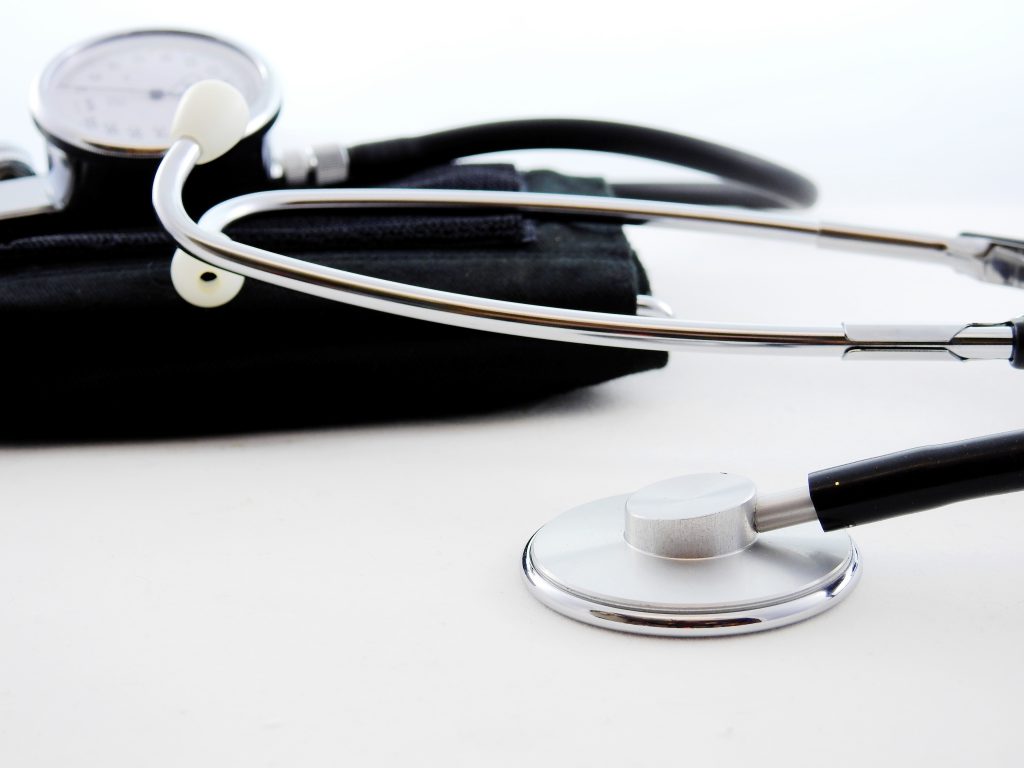Stroke Prevention Tips
by Stephanie Koathes Feb 19, 2018

A stroke is a traumatic, life-altering occurrence that happens when blood circulation to the brain fails.
When a stroke happens, brain cells can die from decreased blood flow and lack of oxygen. There are two categories of stroke, those caused by a blockage of blood flow and those caused by bleeding into the brain.
Strokes are hard to predict and there are certain risk factors such as age, gender, race and family history that you can’t change. However, many of the risk factors for stroke are lifestyle related and steps can be made to improve them.
Here are a few important ways you can reduce your risk of stroke.
Lower your blood pressure
High blood pressure exerts continuous pressure on the walls of the arteries which can damage and weaken them. And this means they’re more likely to clog or burst and cause a stroke. You can keep your blood pressure down by keeping a healthy weight, cutting down on salt and eating a healthy diet with lots fruits and vegetables.

Watch your cholesterol
Having too much LDL or bad cholesterol in the body can lead to a build-up of plaque in the blood vessels, known as atherosclerosis. Atherosclerosis causes narrowing of blood vessels which can cause both heart attack and stroke.
Be physically active
Physical activity along with a balanced and nutrient-rich diet will help you maintain a healthy weight. This, in turn, will lower your cholesterol and blood pressure levels. Even if you’re super busy try to make time for at least 20 minutes of brisk walking a day.

Stop smoking
Cigarette smoking is a major lifestyle contributor to strokes. It has been linked to atherosclerosis in the carotid artery, the main neck artery supplying blood to the brain.
Limit alcohol consumption
Consuming large amounts of alcohol can raise pressure and trigger an irregular heartbeat (atrial fibrillation), both of increases stroke risk.
Steadily make these changes in your diet, exercise, and habits and you can be healthier.
Sources:
National Institute of Neurological Disorders and Stroke








